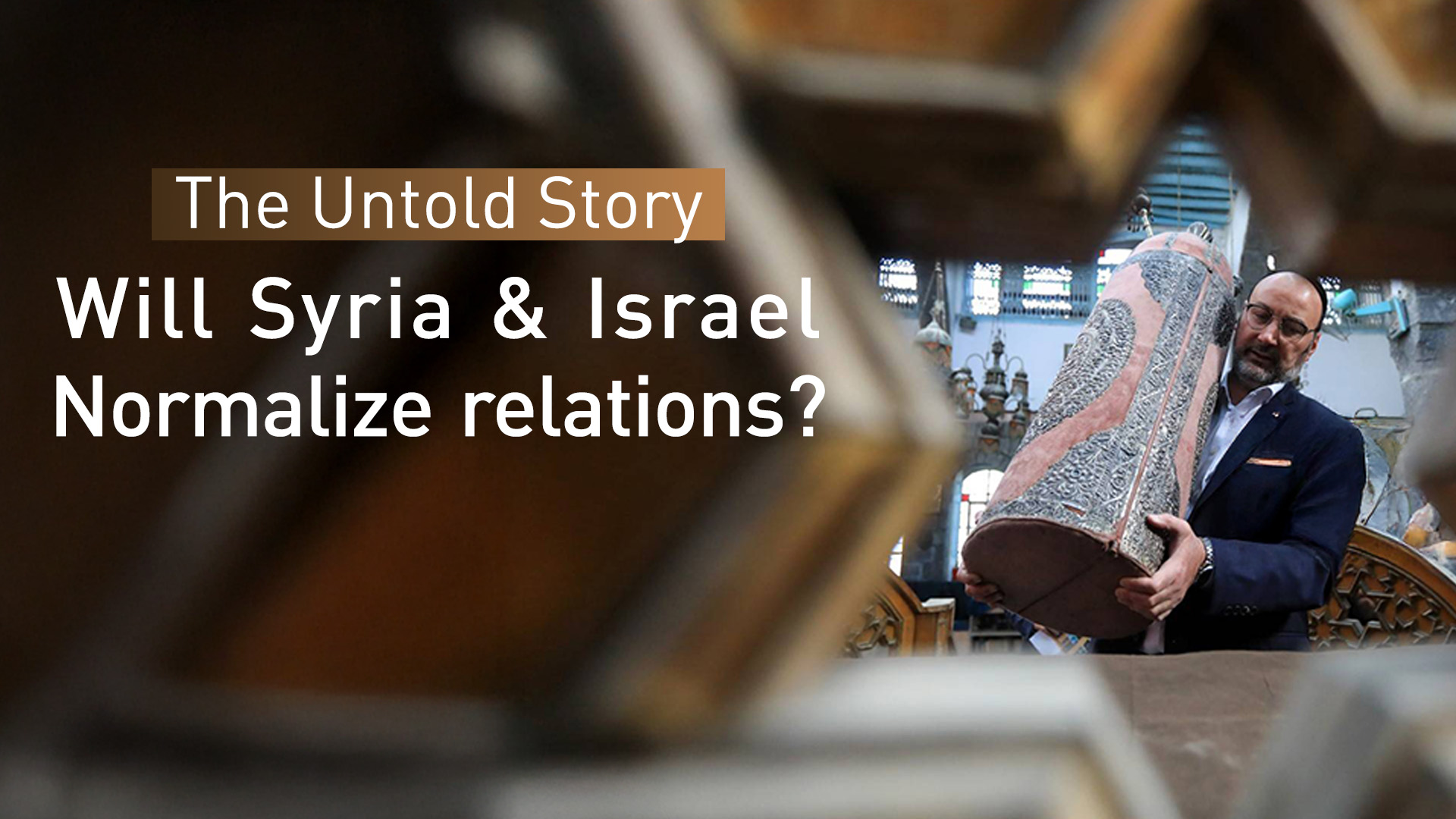Backchannel Diplomacy: Syria-Israel Indirect Talks Emerge Amid Regional Shifts
While the talks have been described as “cordial and open,” no concrete agreements have been reached, with both delegations committed to simply relaying their discussions to decision-makers in their respective capitals.

By Ahora Qadi
ERBIL (Kurdistan24) – Recent revelations of secret negotiations between Syria and Israel, facilitated under ambiguous auspices in the United Arab Emirates, have sparked both intrigue and skepticism among regional observers, hinting at a possible recalibration of a 77-year-old state of war.
According to senior Israeli sources cited by Al-Monitor, an unofficial meeting occurred last month between Syrian and Israeli representatives in a private Abu Dhabi villa owned by an Emirati government official. This discreet encounter followed a visit by Syrian President Ahmed al-Sharaa to the UAE.
Tentative Thaw in Relations
At a joint press conference in Paris with French President Emmanuel Macron, President Sharaa confirmed that his government had engaged in indirect talks with Israel to "calm the situation and prevent it from spiraling out of control." While Israel has neither confirmed nor denied these diplomatic overtures, the atmosphere between the two adversaries appears more flexible than in decades past.
Despite mounting reports, the UAE’s assistant foreign minister Lana Nusseibeh flatly denied her country’s involvement as a mediator, stating that claims of Emirati facilitation are "categorically false."
Meanwhile, voices within the U.S. Congress have also signaled renewed interest in a possible Syrian-Israeli rapprochement. Representative Marlin Stutzman (R-Ind.) revealed that Ahmed al-Sharaa appeared "absolutely" open to normalizing ties with Israel under specific conditions, including a cessation of Israeli airstrikes and a reassessment of border demarcations.
Strategic Interests and Mutual Suspicion
While the talks have been described as “cordial and open,” no concrete agreements have been reached, with both delegations committed to simply relaying their discussions to decision-makers in their respective capitals. Three such meetings are believed to have taken place in the UAE.
The Israeli delegation reportedly included former security officials and academic experts, while the Syrian side featured close associates of Ahmed al-Sharaa.
Observers note that President Sharaa’s pragmatic tone — referring to Israel by name rather than as "the Zionist entity" — marks a significant rhetorical departure from the hardline stance of the former regime. Nevertheless, Israeli intelligence sources remain deeply cautious.
"A jihadist does not change his stripes easily," one senior Israeli military source warned, suggesting the contacts may be a strategic ploy to buy time and consolidate power.
Golan Heights and the Core Dilemma
The unresolved status of the Golan Heights remains a fundamental sticking point. Captured by Israel during the 1967 Six-Day War and unilaterally annexed in 1981, the territory’s future continues to block any serious prospects of normalization.
Israeli demands include assurances over the safety of the Druze minority, a diminished Turkish influence in southern Syria (western Kurdistan), and the demilitarization of areas south of Damascus. In a bid to address some of these concerns, the Sharaa government has already expelled entrenched Iranian forces from the border region — a move widely seen as a goodwill gesture toward Tel Aviv.
Wariness Meets Opportunity
Al-Sharaa’s unexpected rise from jihadist commander of Hayat Tahrir al-Sham (HTS) to transitional head of state has complicated assessments of his long-term agenda. European diplomats who met him in Damascus point to a broader ambition: to restore Syrian sovereignty and stabilize the nation through diplomacy rather than protracted conflict.
Israeli aid operations — such as the recent establishment of a medical triage center near the Syrian Druze village of Hader — signal an evolving humanitarian dimension to the historically militarized engagement.
Yet, with both nations mired in decades of conflict and distrust, the road to formal peace remains fraught with political landmines. As one Israeli official noted, "We respect the change in tone, but trust is something else entirely."